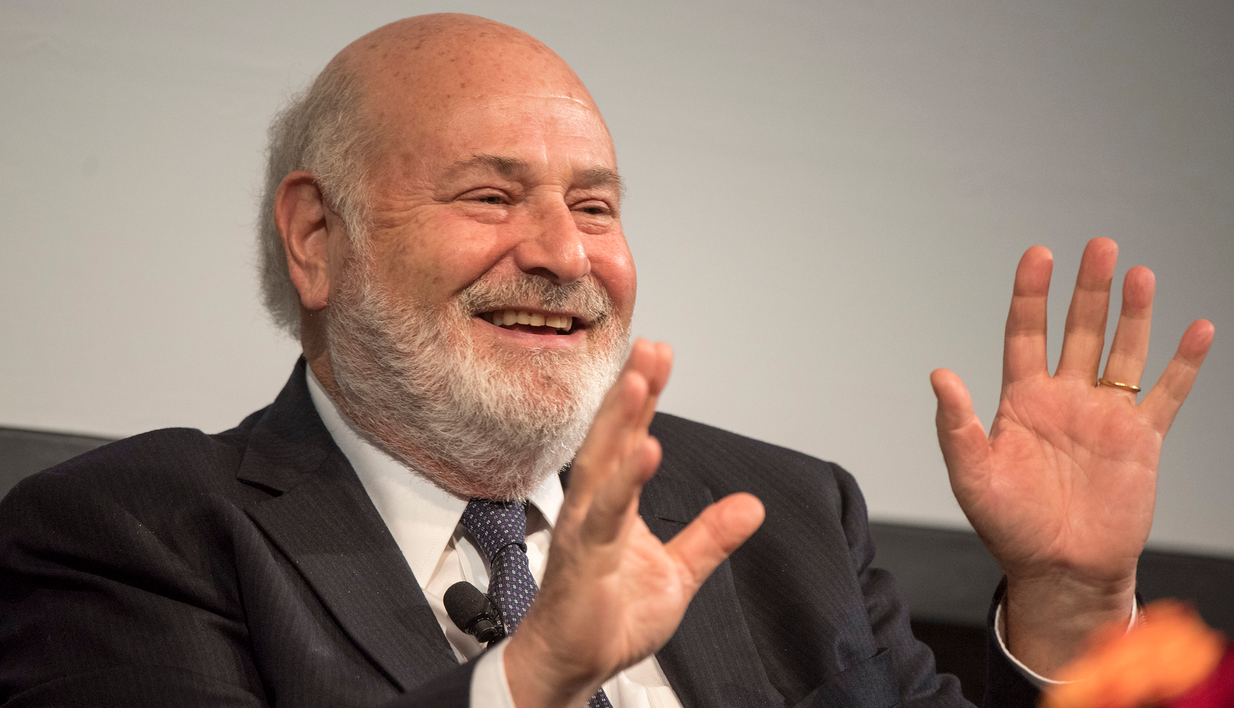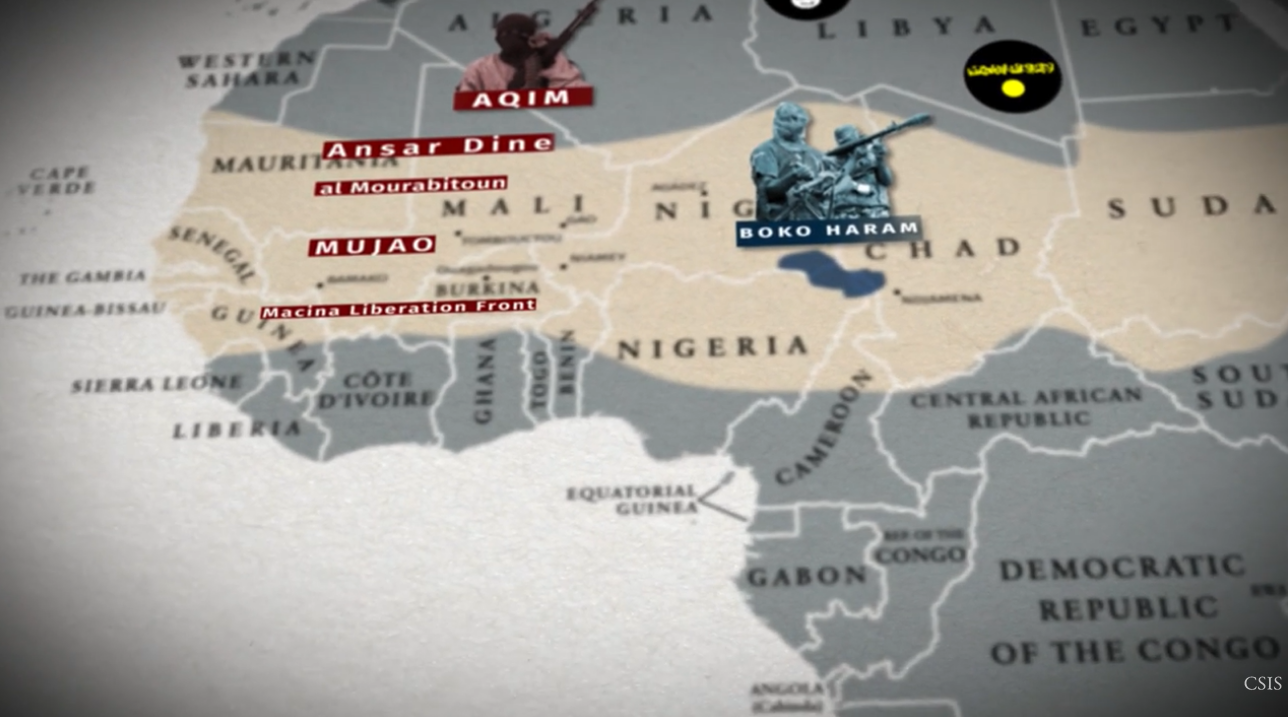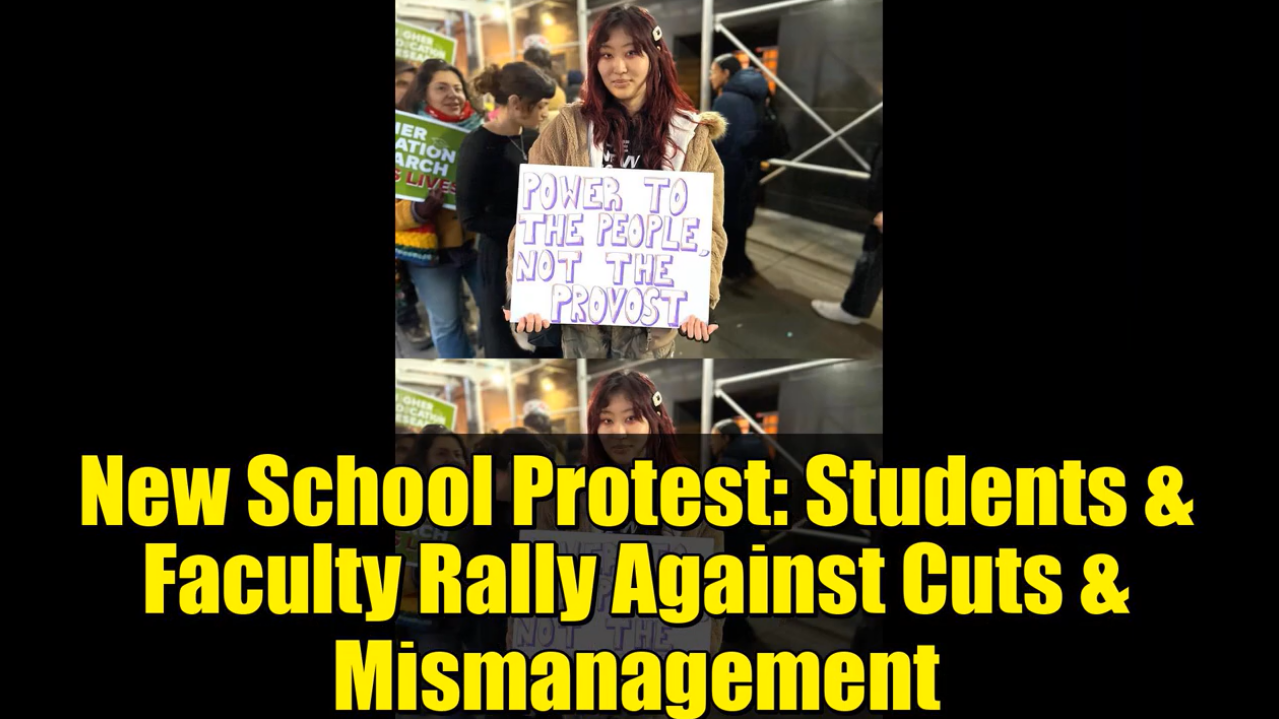Rebecca A. Shoot\Citizens for Global Solutions
Photos: Wikimedia Commons
Sixteen years after the fateful day the United Nations (UN) charter was promulgated in San Francisco, President John F. Kennedy memorably intoned on a return to that city that the UN “remains mankind’s best hope to conquer war, poverty, and disease.” Across subsequent decades this aspiration has been shared by US presidents from Ronald Reagan, who believed that the UN could help “bring about a new day,” to George H.W. Bush, who recognized the UN system as “poised to historic vision of its founders—a world in which nations recognize the shared responsibility for freedom and justice.”
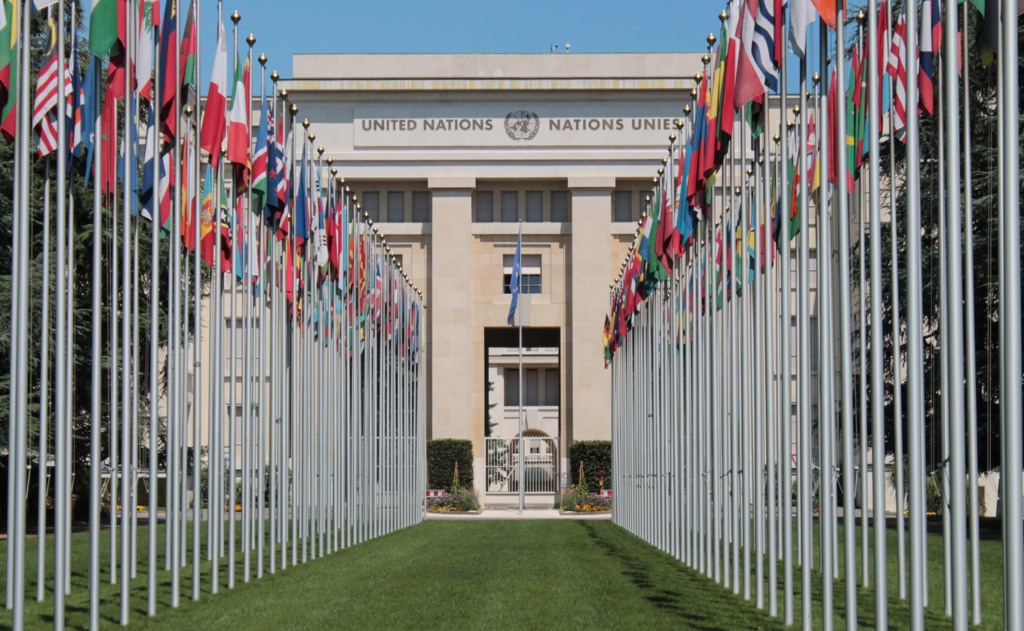
Today, unfortunately, the US posture seems to reduce the UN and its various agencies and departments to poker chips or lots at auction.
The late President Jimmy Carter emphasized that “[t]he United Nations is the best available institution to support the values and aspirations that the United States shares with other peace-loving nations.” Of course, “best available” does not mean unflawed. The UN is a human-made institution and therefore, fallible. It is incumbent on all those who support effective global governance, human rights, and the rule of law to underscore areas for improvement, while adapting to new polycrises and fresh challenges.
None of this is easy. But, as the leader of an organization that has supported the UN project almost since its inception, I am proud that our members have championed reform efforts while hewing to the vision that guided the UN’s founding.
What is easier is to reduce the UN to a stock to be traded, a poker chip to be gambled, or a lot to be auctioned to the highest bidder. The current US administration uses its time in the General Assembly Hall to disavow goals related to sustainable development, withdraw from human rights commitments, and oppose such basic principles as “peaceful cooperation” and “judicial well-being.” Alarmingly, pundits have jumped on the bandwagon to reduce the project of humankind to a bad real estate deal.
This year, the UN will commemorate its 80th anniversary – slightly ahead of the average US life expectancy projected for 2025 of 79.4 years. Anyone who has visited the Geneva premises lately, where an ongoing liquidity crisis has occasioned desperate measures, like heating cuts, has reason to fear for this octogenarian’s health.
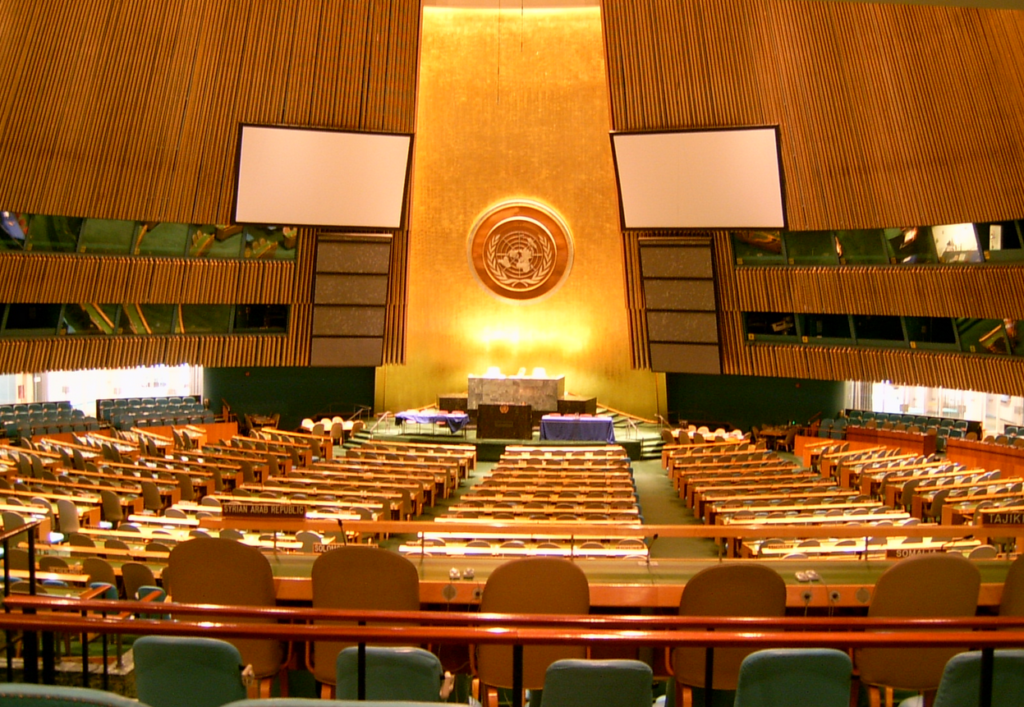
Perhaps the venal attitude is best typified by an opportunistic “independent, non-affiliated initiative,” DOGE-UN, which claims to be a “non-profit organization incorporated in New York State.” According to its website, “It analyzes each institution and the broader geopolitical marketplace on whether to ‘hold, buy or sell’ their stakes in international organizations.” The outfit is indeed incorporated in New York as a business. It is not listed on the New York State Attorney General’s Office public registry of charitable and non-profit organizations. Research indicates it is not affiliated with the federal Department of Government Efficiency (DOGE).
Whatever the tax status of this start-up, the approach it advances of “hold, buy, or sell” fails to recognize that global cooperation is not a zero-sum game. Viruses do not carry passports. Climate disasters do not wait behind velvet ropes. Nuclear reactors are not impressed by border demarcations.
Finally, if altruism fails to inspire global cooperation, perhaps self-interest can. “America first” style critics of the UN frequently fail to note that the United States is the largest recipient of UN contracts – far outstripping our dues. In the words of Peter Yeo, President of the Better World Campaign, “U.S. companies do well and do good by taking part in the UN’s lifesaving work.”
On the UN’s Oak anniversary, we must not take its strength and endurance for granted. Please consider making your voice heard by contacting your legislators and urging support for the UN and its agencies.
As you do, you may remind them that what transpired in San Francisco 80 years ago was not a poker game but a promise to humankind and our planet.
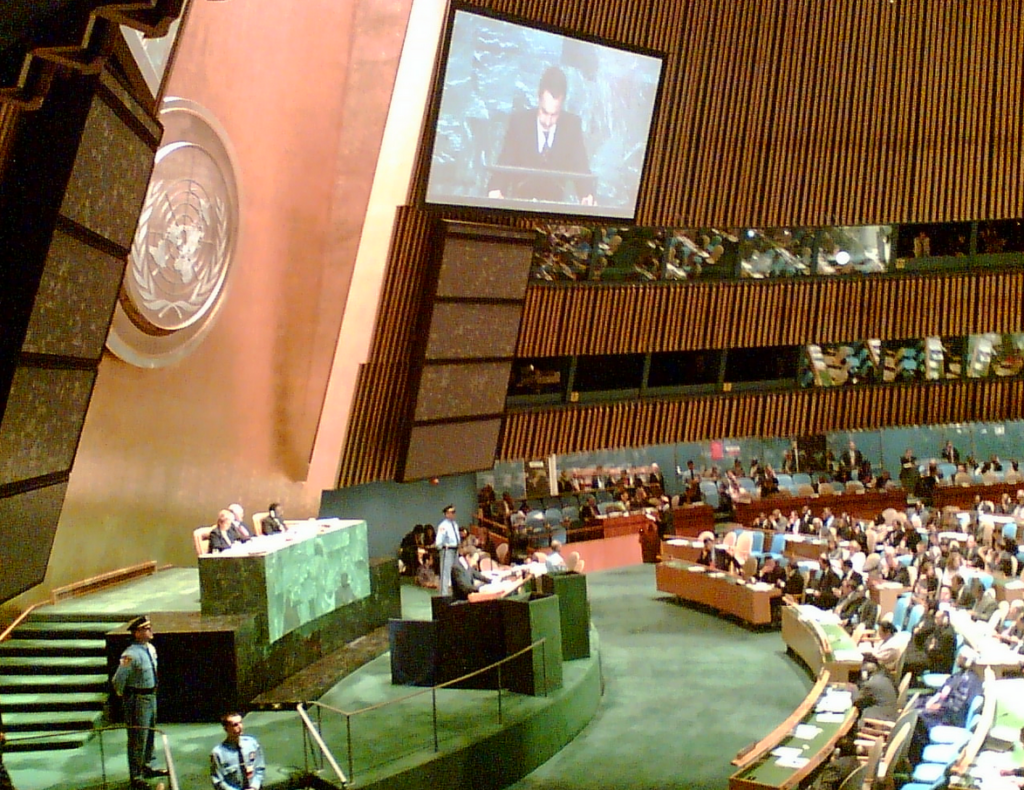
Rebecca A. Shoot is the Executive Director of Citizens for Global Solutions (CGS), a nonprofit nonpartisan non-governmental organization that supports a peaceful, just, and sustainable world community democratically governed through a united federation of nations. She is also the Convener of the Washington Working Group for the International Criminal Court (WICC).

